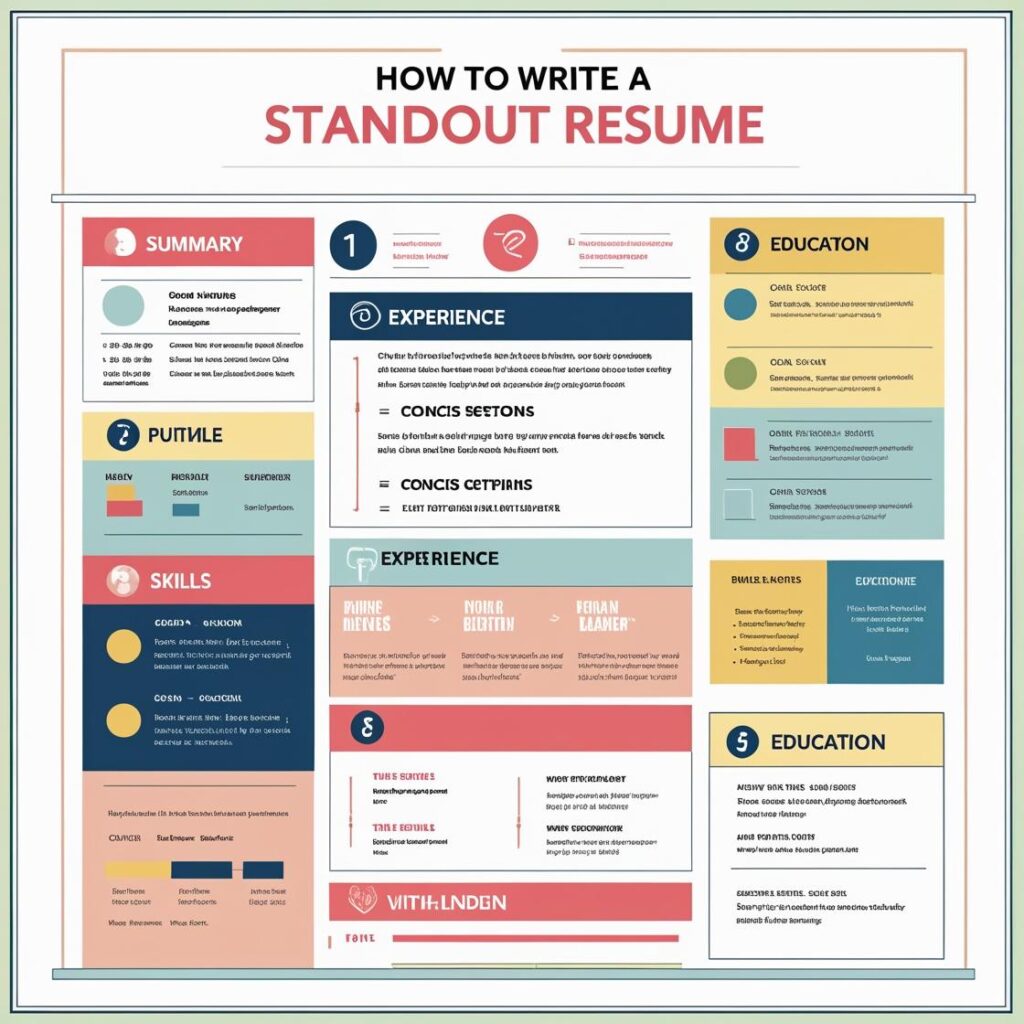How to Help Kids Build Better Study Habits
اقرأ أيضاً: قائمة بأهم 10 كورسات مجانية في الذكاء الاصطناعي مع الروابط المباشرة
Helping children develop strong study habits is essential for their academic success and lifelong learning. With distractions more prevalent than ever, parents and educators play a crucial role in guiding kids to become organized, independent learners. This comprehensive guide provides actionable strategies and expert-backed insights to help kids build better study habits and excel in their educational journey.
اقرأ أيضاً: كيفية الحصول على منحة دراسية مجانية
Creating a Positive Study Environment
The right environment can significantly influence a child’s ability to concentrate and retain information. Establishing a dedicated, quiet, and comfortable study area is the foundation of productive learning. Ensure the study space is well-lit, free from unnecessary distractions such as television or loud noises, and stocked with essential supplies like paper, pens, and highlighters.
اقرأ أيضاً: كيف تستيقظ مبكرًا دون الشعور بالتعب
A positive atmosphere also involves encouragement from parents and caregivers. Simple affirmations, maintaining a calm demeanor during homework time, and being available for support create a sense of security that helps children approach their studies with confidence.
اقرأ أيضاً: كيف تتفوق في أي مقابلة عمل: 10 نصائح من الخبراء
Setting Clear and Achievable Goals
Children benefit from clear direction. Setting specific, realistic goals transforms overwhelming tasks into manageable steps. For example, instead of “study math,” a goal could be “complete five math problems from today’s assignment.”
اقرأ أيضاً: كيف توفر 1000 دولار في 30 يومًا
Encourage children to write down their goals for each study session. Checking off completed tasks gives a sense of accomplishment and motivates continued effort. Over time, these small victories reinforce a growth mindset and the belief that persistence leads to success.
اقرأ أيضاً: كيفية كتابة سيرة ذاتية متميزة
Establishing a Consistent Study Routine
Consistency breeds discipline and helps turn studying into a natural part of a child’s day. Design a daily or weekly schedule that includes set times for homework, reading, and review. Avoid last-minute cramming by encouraging regular review sessions rather than studying only before exams.
اقرأ أيضاً: كيف تحول عملك الجانبي إلى مشروع بدوام كامل
Use visual aids like calendars, planners, or digital apps to help kids track assignments and upcoming tests. Visual organization not only keeps children accountable but also eases anxiety around deadlines and workload.
اقرأ أيضاً: كيفية تسريع الكمبيوتر المحمول البطيء في 10 دقائق
Teaching Effective Time Management Skills
Time management is a cornerstone of academic achievement. Teach children to prioritize tasks based on urgency and importance. Breaking study sessions into shorter, focused intervals—such as the Pomodoro Technique, which alternates 25 minutes of work with 5-minute breaks—can make studying more manageable and less intimidating.
اقرأ أيضاً: كيف تبني روتينًا صباحيًا يعمل بالفعل
Help children recognize the value of balancing schoolwork with extracurricular activities, relaxation, and family time. This holistic approach prevents burnout and helps kids learn how to allocate their time wisely as they grow older.
اقرأ أيضاً: كيف تبدأ مدونة تقنية من الصفر
Encouraging Active Learning Techniques
Passive reading and rote memorization often result in poor retention. Instead, promote active learning strategies that engage children’s curiosity and critical thinking. Examples include summarizing information in their own words, teaching concepts to someone else, drawing diagrams, or using flashcards for quick reviews.
اقرأ أيضاً: كيف تبدأ الرسم (حتى لو كنت تعتقد أنك لا تستطيع)
Asking questions, making predictions, and relating new knowledge to real-life experiences deepen understanding and make learning enjoyable. Active participation also helps children identify gaps in their comprehension, which can then be addressed more effectively.
اقرأ أيضاً: كيف تخطط لعطلة عائلية سيحبها الجميع
Supporting Organization and Planning
Organizational skills are vital for managing multiple subjects and assignments. Teach kids how to use folders, binders, or digital tools to keep their notes, homework, and handouts organized by subject. Color-coding materials or creating checklists for each subject can further streamline their study process.
اقرأ أيضاً: كيف تتعلم الجيتار بنفسك
Encourage regular backpack and workspace cleanups to prevent clutter from building up. An organized system reduces the time spent searching for materials and allows for a more focused study experience.
اقرأ أيضاً: كيف تحزم خفيفًا لرحلة لمدة أسبوعين
Minimizing Distractions and Digital Overload
Technology offers powerful learning tools, but it also presents a range of distractions. Help children develop awareness of their digital habits by setting clear boundaries around device use during study time. For example, activate “Do Not Disturb” modes, restrict social media and non-educational apps, or designate specific times for screen breaks.
اقرأ أيضاً: كيف تكتب أول قصة قصيرة لك
Model good digital behavior by minimizing your own distractions when helping with homework. Discuss the impact of multitasking and help kids find healthy ways to use technology for research and learning without sacrificing focus.
اقرأ أيضاً: كيف تسافر عبر أوروبا بميزانية محدودة
Motivating Through Positive Reinforcement
Recognition and rewards can motivate children to stick with new habits. Praise their effort, progress, and problem-solving, rather than focusing solely on grades or outcomes. Small incentives, such as extra playtime or a favorite snack after completing a study goal, can reinforce positive behavior.
اقرأ أيضاً: كيف تحمي خصوصيتك على الإنترنت: دليل المبتدئين
Help children set personal milestones and celebrate achievements, both big and small. Positive reinforcement boosts self-esteem, strengthens intrinsic motivation, and creates a lasting sense of pride in their academic journey.
اقرأ أيضاً: كيف تبدأ في التأمل حتى لو كنت متشككًا
Fostering a Growth Mindset
A growth mindset—the belief that abilities can be developed through hard work—fosters resilience and a love of learning. Encourage kids to view challenges as opportunities to grow rather than as failures. Emphasize that mistakes are a natural part of the learning process and provide guidance on how to analyze errors and try again.
اقرأ أيضاً: كيفية العثور على الجواهر الخفية في أي مدينة
Share stories of well-known individuals who succeeded through perseverance and learning from setbacks. A supportive environment that values effort and improvement over perfection helps children embrace challenges and persist in the face of difficulties.
Involving Parents, Teachers, and Peers
Building strong study habits is most effective with a collaborative approach. Maintain open communication with teachers about your child’s progress and ask for feedback on areas needing improvement. Encourage children to form study groups with peers, where they can exchange ideas and learn collaboratively.
Parents can model good study behaviors, participate in reading together, and create a home culture that values education. Seeking help when needed and celebrating teamwork builds confidence and ensures children feel supported from all angles.
Conclusion
Building better study habits in kids requires patience, consistency, and a supportive environment. By implementing these strategies, parents and educators can help children develop the skills they need to succeed academically and beyond. With guidance and encouragement, every child can become a confident and independent learner.



